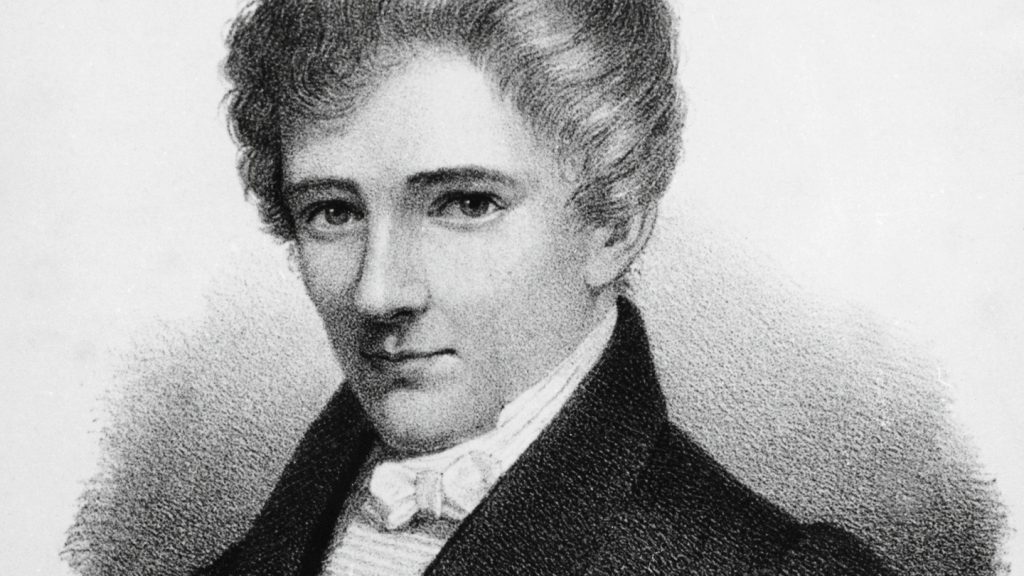
He solved a 350-year-old mathematical mystery by the time he was 21. Yet, Niels Abel died in poverty and obscurity — never knowing that the world would one day call him a legend.
👉 Watch his story here: YouTube Video
“It appears to me that if one wants to make progress in mathematics, one should study the masters and not the pupils.”
🌍 A Life Marked by Struggle — and Brilliance
Born in a small village in Norway in 1802, Niels Henrik Abel grew up during economic hardship. His father, a clergyman and political activist, died young — leaving the family nearly penniless. But within Abel burned a mathematical fire so intense, not even poverty, obscurity, or illness could snuff it out.
✏️ Solving What the Greats Couldn’t
From a young age, Abel devoured mathematics. By his early 20s, he tackled one of the greatest unsolved problems in math: could a general algebraic formula solve all fifth-degree polynomial equations (quintics), like how the quadratic formula solves second-degree ones?
Mathematicians for centuries tried and failed. Abel proved it was impossible — a breakthrough that laid the groundwork for group theory and algebraic structures. And he did it alone, with no formal support, and no recognition during his lifetime.
🧠 Pioneering What Would Become Modern Math
Abel’s contributions weren’t limited to the unsolvability of the quintic. His work in elliptic functions, analysis, and group theory was far ahead of his time. Yet, he was constantly dismissed by academic institutions and ignored by leading mathematicians.
💔 Recognition Came Too Late
At 26, Abel died from tuberculosis — broke, exhausted, and largely unknown. A week after his death, a letter arrived from a prominent university offering him a long-awaited professorship. It was tragically late.
But his ideas lived on. Decades later, mathematicians recognized his genius. Today, his name is etched into the highest echelons of mathematics — from Abelian groups to the prestigious Abel Prize, often called the “Nobel Prize of Mathematics.”
🏛️ Why Abel Still Matters
Abel showed that brilliance doesn’t need privilege, and that pure intellectual passion can change the course of an entire discipline. His life is a lesson in humility, perseverance, and the quiet power of visionary thought.
“My greatest wish is to finish my work, and then… to rest.” — Niels Henrik Abel
